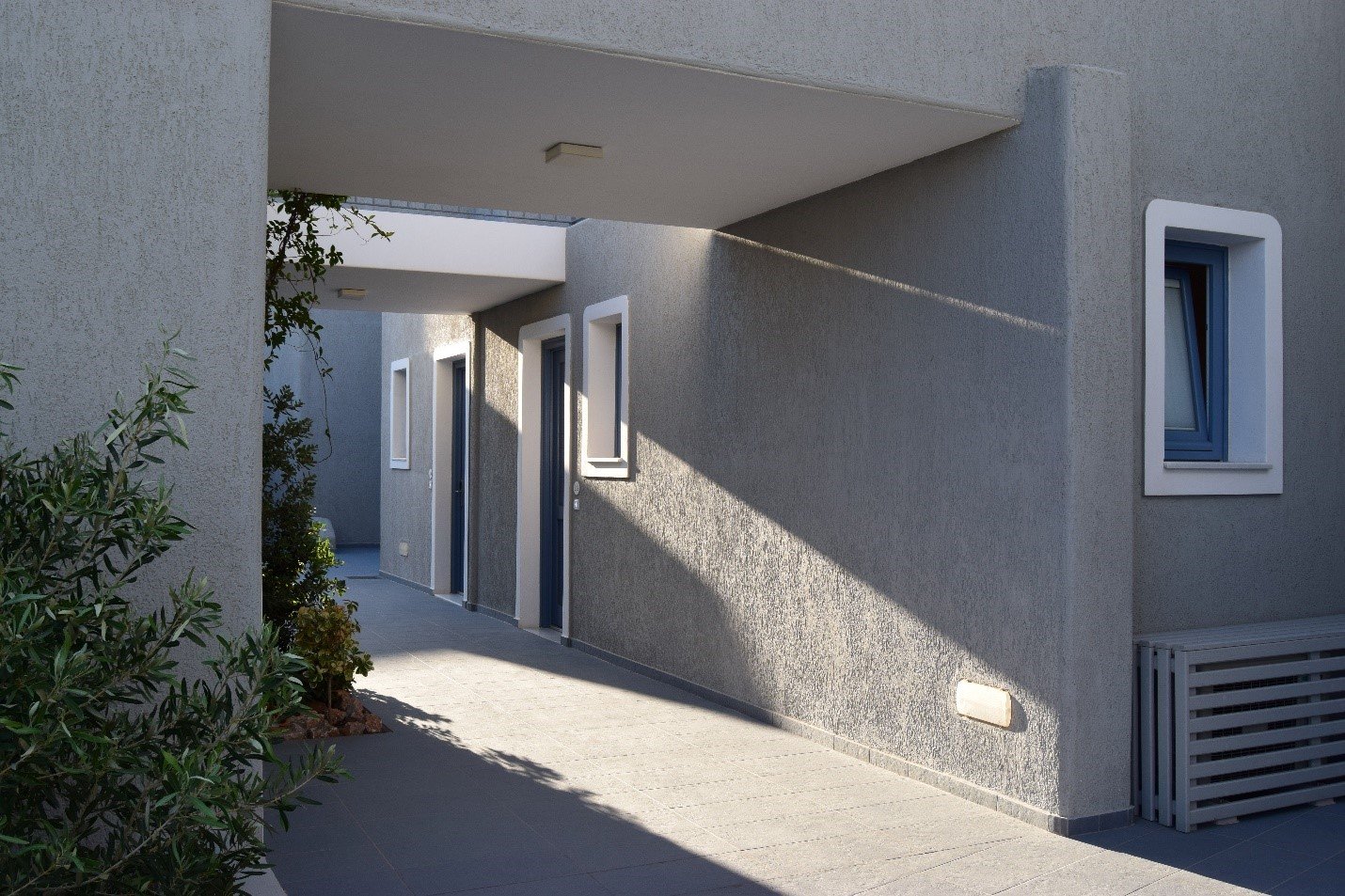Concrete water sealer sometimes gets a bad rap. After all, what should we expect from a product with “water” in the name? Surely something like that must be “watered down.” And perhaps it was in the past. But if it was ever true back then, it’s simply not the case today. Thanks to advances in technology, water-based sealer is just as effective and has numerous benefits over solvent-based sealers.
And if you don’t believe it, test it out yourself. Both water-based and solvent-based sealant will need to be replaced after a few years. So, you can always seal one area of your home with a concrete water sealer and another with a solvent-based one. See which one lasts longer. Compare the way they look. Don’t take my word for it, discover the truth for yourself.
But if you’d rather save time and money, you can simply read the following top advantages to using a concrete water sealer.
Advantage #1: Safety
One of the first things you’ll notice when comparing water-based sealant to solvent-based is the lack of danger warnings and strong smells coming from the water sealer. This is because water-based sealant doesn’t release harmful vapors into the air. As a result, it’s far safer to apply, even indoors. And you don’t have to worry about it hurting your pets or damaging the environment. In other words, concrete water sealers are healthier and safer at every level.
Advantage #2: Simplicity
Water-based sealers are also easier to apply than solvent-based ones. Rather than needing a cumbersome roller that can leave an uneven and splotchy coat, water-based sealers can easily be used with a simple, plastic garden sprayer. Fill the sprayer up with your sealant, hold the nozzle about a foot away, and spray back and forth until you have a complete, even coat of sealer over the entirety of your concrete space. Nothing could be simpler.
Advantage #3: Natural Look
Solvent-based sealers tend to darken concrete far more than water-based ones. And while this may be an advantage if you’re looking to starkly alter the look of your driveway or patio, if you actually like the way your concrete looks, you won’t want to change it that drastically. Solvent-based sealers rarely give you that ability. Fortunately, you don’t have to settle for a sealant that transforms the look of your concrete. Water-based sealer will give you a far more natural appearance.
Drawbacks of Concrete Water Sealer?
With all of that said, water sealer is like anything else. It has advantages and disadvantages. However, we believe these pros far outweigh any cons. But to be fair, here are a handful of drawbacks that concrete water sealer has:
- When applied at low temperatures (below 50°F), it tends to work poorly.
- Since so much of it is made up of water, it freezes much more quickly than solvent based sealer. And if you allow it to freeze, it will become unusable.
- It will not provide a darker look if that’s what you’re hoping to achieve. You’ll have to use a solvent based sealer to truly darken your concrete.
- If your sealed concrete is exposed to a lot of water, it can appear milky. However, once dry, it should return to normal.
That’s pretty much it. Unless you’re looking for a sealer that will leave your concrete looking noticeably darker, there’s simply no reason to choose a solvent-based one. Water-based is the way to go every other time.
Here are the best concrete sealer options for your project. To purchase, search for a concrete sealer distributor near you.
